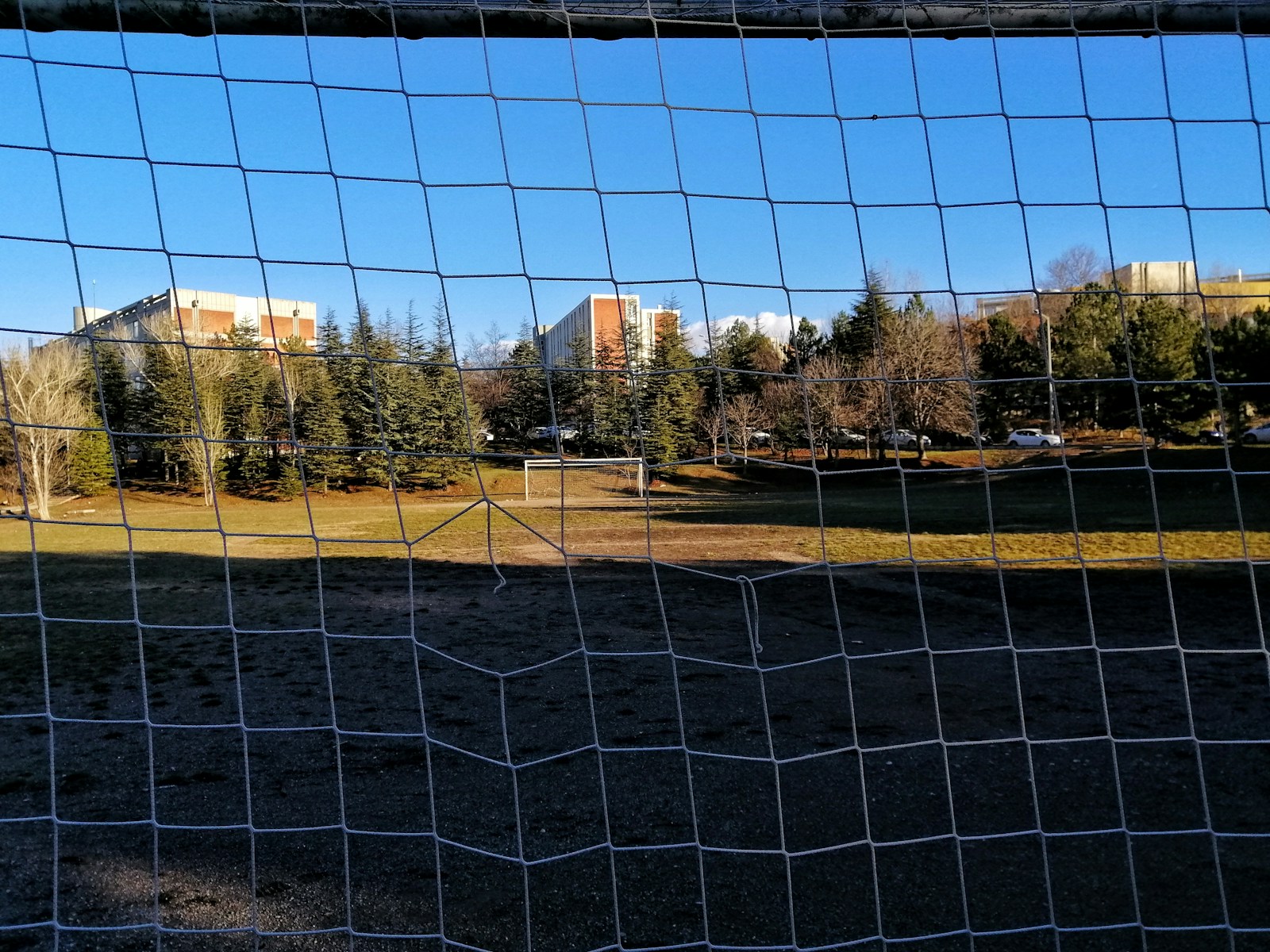
极其
jí qí

greatly
The Chinese word '极其' is used to enhance the adjective or adverb that follows it, similar to how 'greatly' is used in English to emphasize the degree to which something is affected. It's commonly used in formal and written Chinese language.
Example sentences using: 极其
这部电影是极其无聊的。
Zhè bù diànyǐng shì jíqí wúliáo de.

This movie is extremely boring.
The phrase uses '极其' (extremely) to emphasise the level of boredom in the movie.
他的表演极其出色。
Tā de biǎoyǎn jíqí chūsè.

His performance is extremely outstanding.
This sentence uses '极其' to intensify how outstanding the performance is.
她是一个极其勤奋的学生。
Tā shì yīgè jíqí qínfèn de xuéshēng.

She is an extremely diligent student.
'极其' is used to stress how diligent the student is.
这个问题极其复杂。
Zhège wèntí jíqí fùzá.

This problem is extremely complex.
The adverb '极其' is used to accentuate the complexity of the problem.
这种食物的味道极其美好。
Zhè zhǒng shíwù de wèidào jíqí měihǎo.

The taste of this food is extremely good.
The sentence uses '极其' to emphasize how good the taste of the food is.
他极其讨厌这种行为。
Tā jíqí tǎoyàn zhè zhǒng xíngwéi.

He extremely dislikes this kind of behavior.
In this sentence, '极其' is used to show a high level of dislike towards a certain behavior.
这次考试极其困难。
Zhè cì kǎoshì jíqí kùnnán.

This exam is extremely difficult.
This phrase uses '极其' to highlight the difficulty of the exam.
这个景点极其吸引人。
Zhège jǐngdiǎn jíqí xīyǐnrén.

This tourist spot is extremely attractive.
In this phrase, '极其' is used to indicate that the tourist spot is very attractive.
他的工作态度极其认真。
Tā de gōngzuò tàidu jíqí rènzhēn.

His working attitude is extremely serious.
In this sentence, '极其' emphasizes the seriousness of his working attitude.
这个故事极其感人。
Zhège gùshì jíqí gǎnrén.

This story is extremely moving.
The phrase '极其' here is used to intensify how moving the story is.